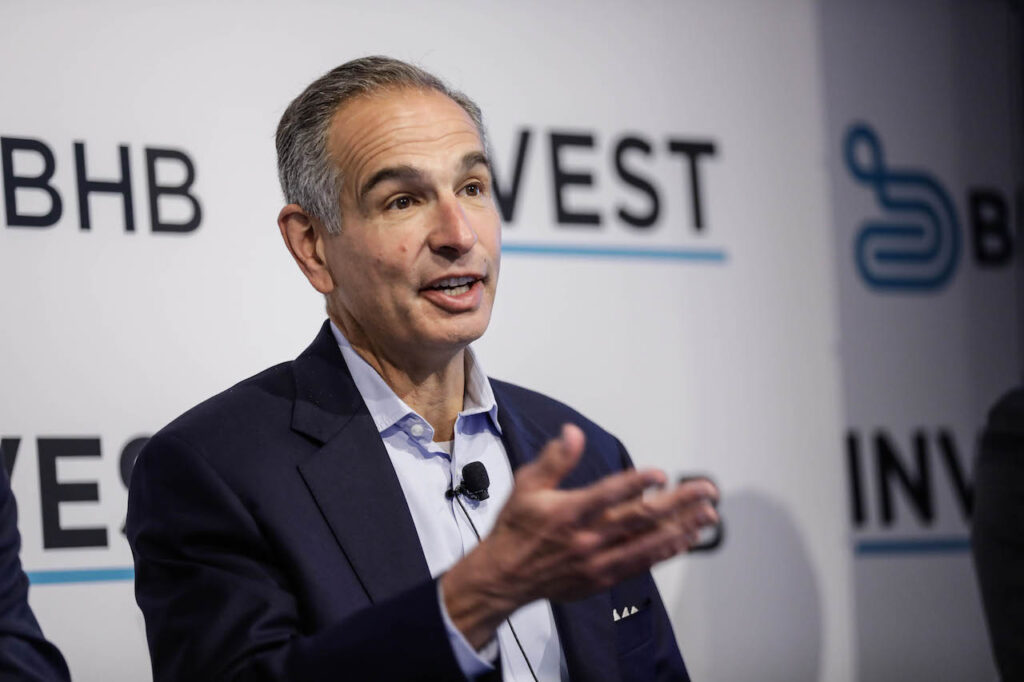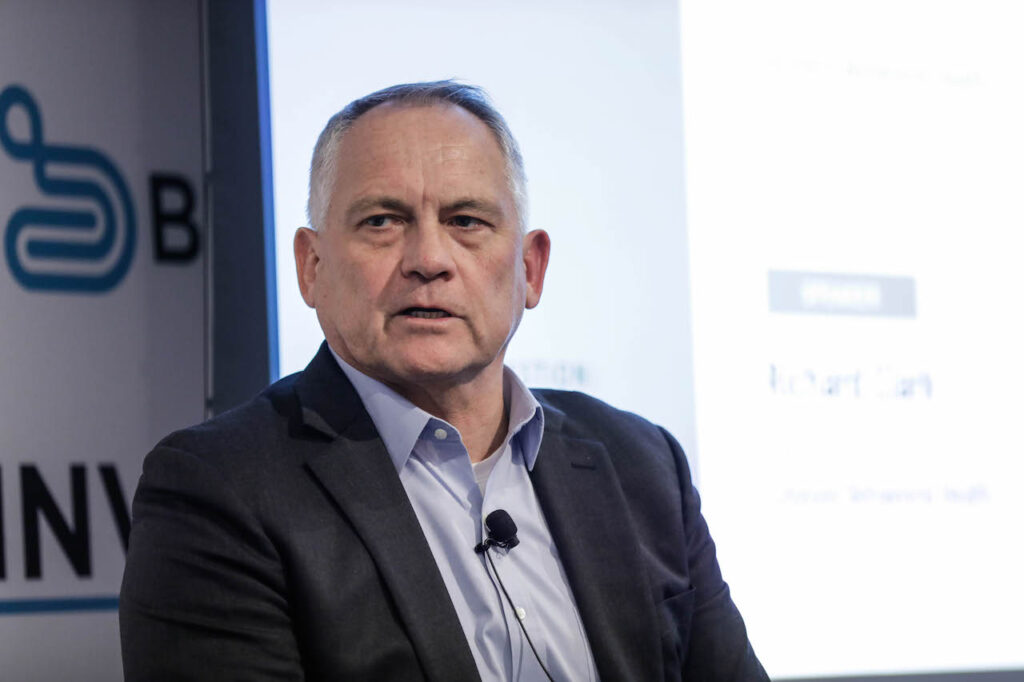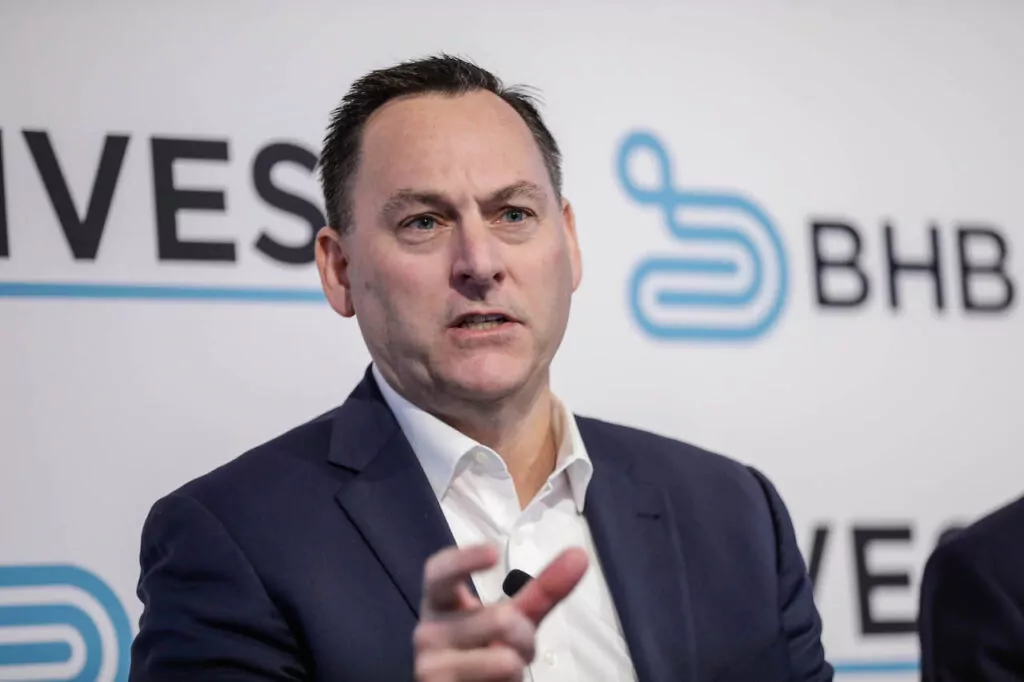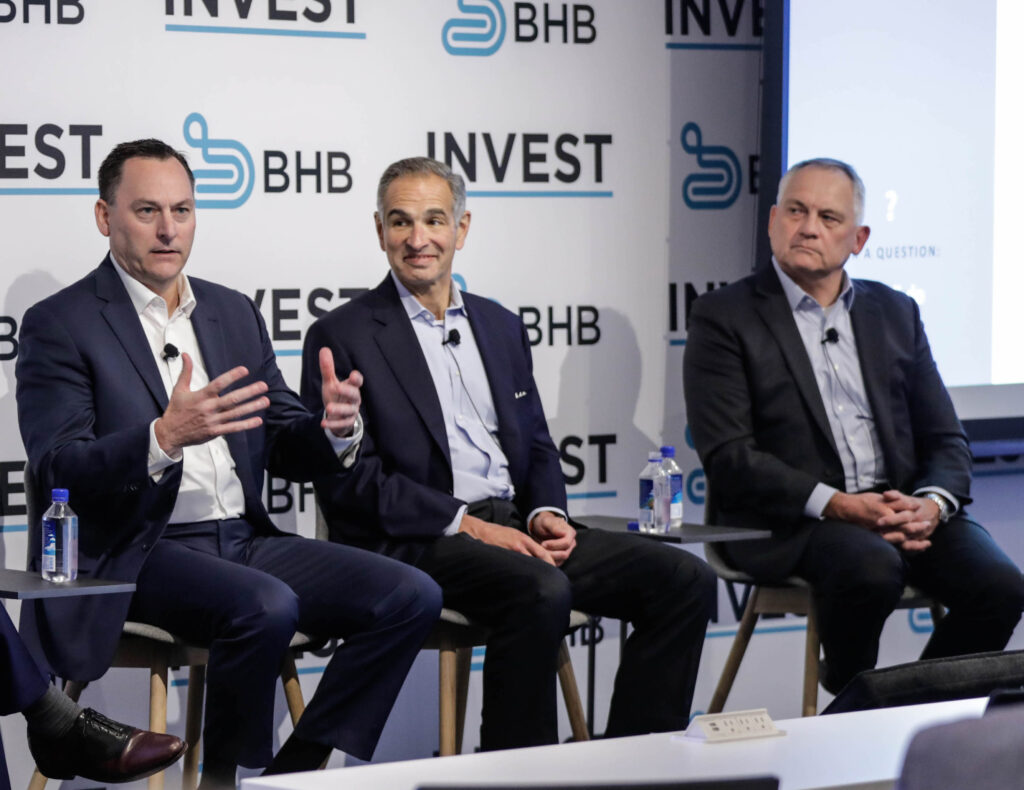Behavioral health consolidation will accelerate as payers deepen their involvement and increase their focus on the industry.
The last decade or so — accelerated by the coronavirus pandemic — has seen an influx in capital and professionalization in the fragmented behavioral health industry. But as behavioral health becomes increasingly relevant in the wider health care landscape, payers present a potent force pushing the space forward.
Over the past six to eight years especially, payers have acted as a parallel force with investors in driving consolidation in the behavioral health industry, Terry Hyman, managing partner of Northwood Healthcare Partners and senior advisor at Thomas H. Lee Partners, said during a panel at Behavioral Health Business’ event INVEST.
“For payers, behavioral health was a little bit of a redheaded stepchild relative to medical care or classic general clinical care,” Hyman said. “Payers have increasingly tried to selectively support that process so that the better, well-run companies can help with the challenges of supply and demand.”
Going into 2022, questions about behavioral health consolidation were accented by the increased investment in mental health technology and workforce issues, according to several top executives.
Well-capitalized, highly professionalized operations are competing with mom-and-pop operators at the market level, Hyman said. The former is likely to edge out the latter because they have the capability to partner with payers and gain access to that source of revenue and support. Those payers, in turn, put pressure on their provider partners to do more, inspiring further M&A activity.
“Payers are looking for, one, someone that runs it professionally; two, that can provide access because access is the big issue in all these subsegments; and the third is help with navigation,” Hyman said.
Navigation is particularly important for helping patients access the full continuum of care across settings and levels of acuity, Hyman added.
Diversification of services and providing a care continuum help keep patients out of more intensive and more expensive levels of care, most notably emergency departments and psychiatric hospitals. This is a vital focus of payers.

Providers are able to do this by offering a continuum of care, Richard Clark, CEO of Odyssey Behavioral Health, said during the panel.
Founded in 2015, Odyssey Behavioral Health operates 12 residential treatment centers and 19 outpatient locations. Its three services categories are psychiatry, eating disorder treatment and outpatient services.
“Payers like to see that … you can step the clients up and down in your continuum, but you’re not stepping them into high-cost treatment environments,” Clark said. “These different verticals provide an array of services. Payers like that and I think that’s been [part of] our success.”
Payers increasingly move toward value-based care arrangements. And as the industry matures and better fits into the rest of the health care ecosystem, behavioral health providers will be more accountable for the total cost of care for enrollees.
This incentivizes behavioral health consolidation further by encouraging operators to offer multiple levels and types of care in one organization. In one instance, Phoenix-based payer Banner University Health Plans set up its own behavioral health-focused, ACO-like clinically integrated network.
Payers see the industry differently
Of late, payers have taken more seriously the connection between behavioral health’s impact on other aspects of health care. This is one of the prime reasons why the payer sector has taken to influencing behavioral health where it can.
Pre-pandemic, the proportion of emergency room visits nationwide for mental health diagnoses increased from 6.6% to 10.9% from 2007 to 2016, according to one study. Another finds that people with personality disorders have a four-times higher risk of being a recurrent emergency room user.
“I was in a meeting with one of the large payers’ head of behavioral health [who] said they have to spend more money in behavioral health to solve some of the problems downstream,” John Peloquin, CEO of Discovery Behavioral Health, said during the panel discussion. “I almost jumped off my chair because I’ve never heard any payer say that.

“I’ve never heard them take a view of going after the behavioral elements to interrupt the downstream cost of emergency rooms and what have you.”
There are indicators that behavioral health has been worsening for years and suddenly made much worse during the pandemic.
Payers are also looking at behavioral health as an increasing expense, Peloquin said, adding that payers are looking for ways of getting out of a cycle of growing spending driven historically by the opioid epidemic and the COVID pandemic.
“You’ve heard value-based care, you hear a lot of different types of reimbursement models,” Peloquin said. “It all comes back to … the quality of the provider.”
Behavioral health consolidation impacted by staffing
The forces driving behavioral health consolidation within markets belie the desperate need for the collective behavioral health industry to grow to meet the increased demand for care.
Odyssey Behavioral Health and Discovery Behavioral Health, while active and opportunistic acquirers, are largely focused on organic growth and de novo expansion, their respective CEOs said.
“We are a de novo first type of operation — always have been,” Peloquin said, adding that the two or three acquisitions Discovery Behavioral Health make in a year have strategic significance. “Sometimes, when I see an opportunity to get in [a market] it might be from an acquisition first.”
Peloquin gave the example of Discovery acquiring a psychiatry practice in Kansas and then opening a de novo eating disorder treatment center.
In August, Discovery Behavioral Health expanded into Pennsylvania with the acquisition of Brookdale Premiere Addiction Recovery, the company’s 15th state market.
Odyssey Behavioral Health has pivoted much more to organic growth of late, Clark said, “because of the market and because the opportunities … are not as not as abundant as we would like to see.”
The organization is opening 80 to 100 beds organically and nine to 10 outpatient sites a year. In the outpatient business, Odyssey Behavioral Health soley provides partial hospitalization programs (PHP) and intensive outpatient programs (IOP).
However, staffing challenges have put a damper on organic growth.

“Over the last 24 months, I’ve had all of the de novos that we started at some level of modified census development because of staffing deficiencies,” Peloquin said.
Across segments and at a market level, Hyman said that the biggest headwind facing the behavioral health industry is finding and retaining providers.
Another major staffing challenge is finding proven executive leaders to run facilities and programs, Clark said. Odyssey has an executive leadership development program to grow its own managers. He added that, while he and Peloquin were both former managers at Franklin, Tennessee-based Acadia Healthcare Co. Inc. (Nasdaq: ACHC), he observed massive manager turnover.
“One of the things I did there was refurbished the CEO-in-training program and it paid huge dividends to get individuals in a spot and build them into seasoned CEOs over time,” Clark said.
Acadia Healthcare is the nation’s largest pure-play behavioral health provider with 239 sites that operate about 10,600 beds and care for 70,000 patients a day.
Companies featured in this article:
Discovery Behavioral Health, Northwood Healthcare Partners, Odyssey Behavioral Healthcare



